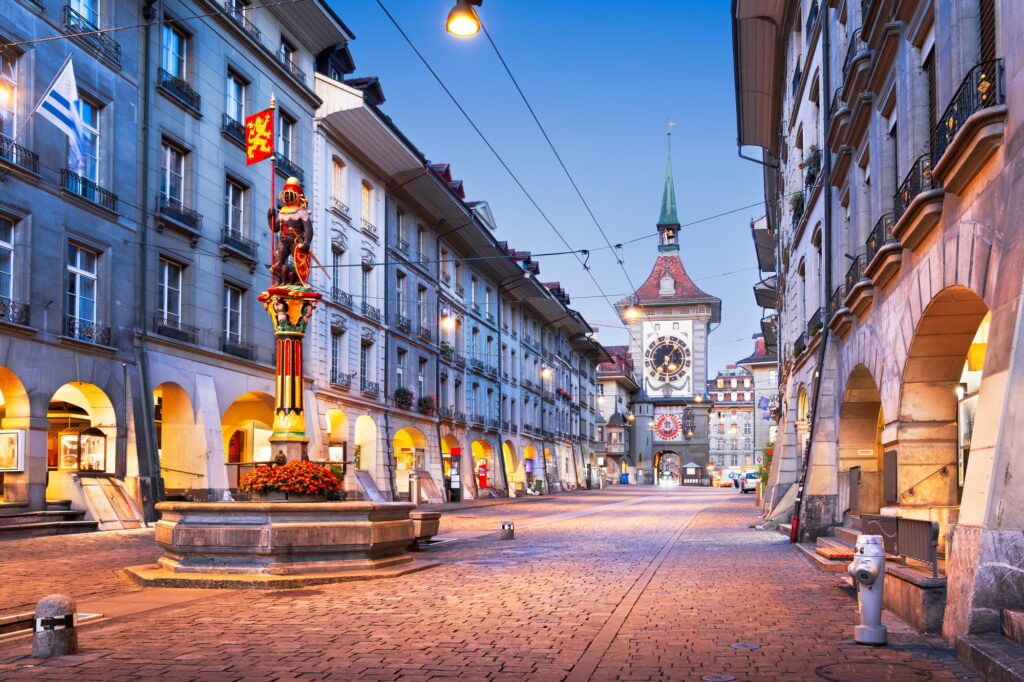Key Takeaways:
- Switzerland is preparing for a referendum to simplify naturalization, potentially affecting 27% of the population without citizenship.
- The initiative proposes reducing the residency requirement for citizenship from 10 to 5 years, regardless of the type of residence permit.
- The goal is to eliminate the “democracy deficit” and increase the number of citizens eligible to vote.
- With over 135,000 signatures gathered, including 104,000 notarized ones, the initiative reflects strong public support.
Switzerland. A Referendum on Citizenship: A Democratic Revolution?
Switzerland is poised to take a bold step that could reshape the lives of millions of foreigners. The public initiative “For a Modern Naturalization Process,” spearheaded by the Aktion Vierviertel committee, is set to be decided through a nationwide referendum. With 135,000 signatures collected, the call for change is loud and clear: the public wants reforms.
Why Is This Issue Crucial?
The statistics are striking: over a quarter of the country’s population—27% of nine million residents—lack voting rights. These individuals live in Switzerland, contribute to its economy, and pay taxes, yet remain excluded from the democratic process. Proponents of the initiative describe this as a “democracy deficit,” and it’s hard to argue otherwise. How can a country known for its direct democracy leave nearly a third of its residents without a voice?
What Does the Initiative Propose?
Currently, naturalization requires a minimum of 10 years of residency and a category C residence permit. The new initiative aims to drastically simplify this process, reducing the residency requirement to just five years. Furthermore, the type of residence permit would no longer matter, meaning any legally residing foreigner could apply for citizenship after five years in the country.
This is more than a technical adjustment—it’s a statement that Switzerland is ready to recognize the contributions of its immigrant population and integrate them on more equitable terms.
Political and Social Tensions
The initiative hasn’t come without controversy. Opponents fear that such changes could “dilute” Swiss citizenship and lead to an excessive increase in naturalized foreigners. However, supporters argue that the primary goal is not to hand out passports en masse but to correct a systemic injustice and strengthen democracy.
The potential referendum is about more than just legislation. It’s a test of whether Switzerland is prepared to reassess its views on integration and inclusivity.










